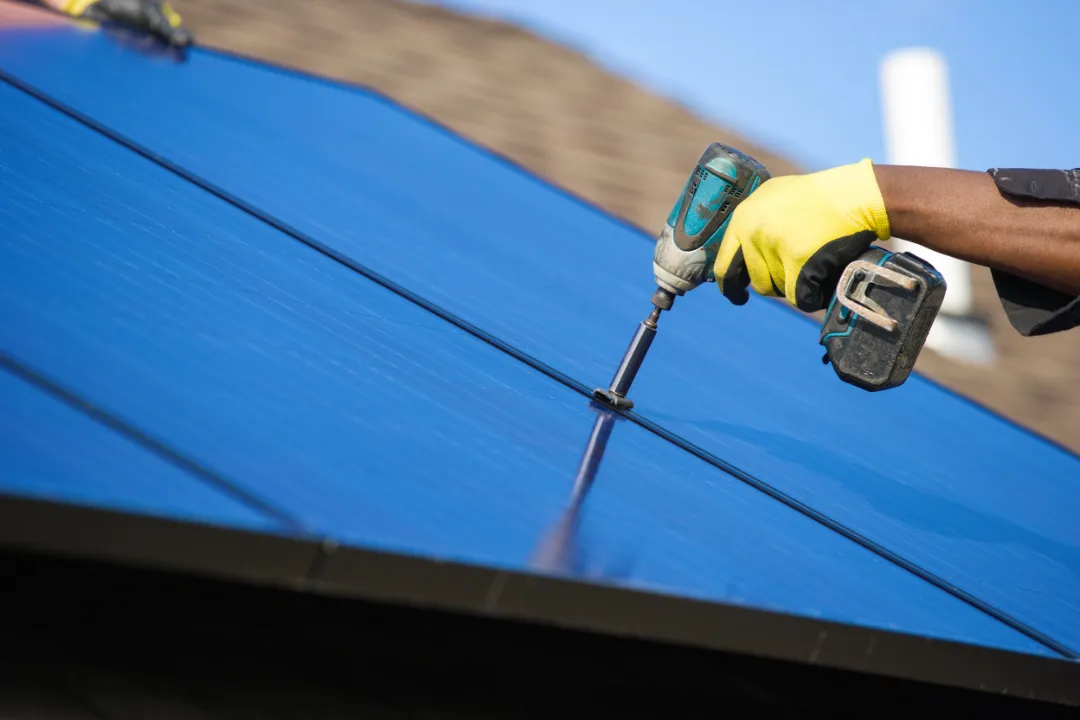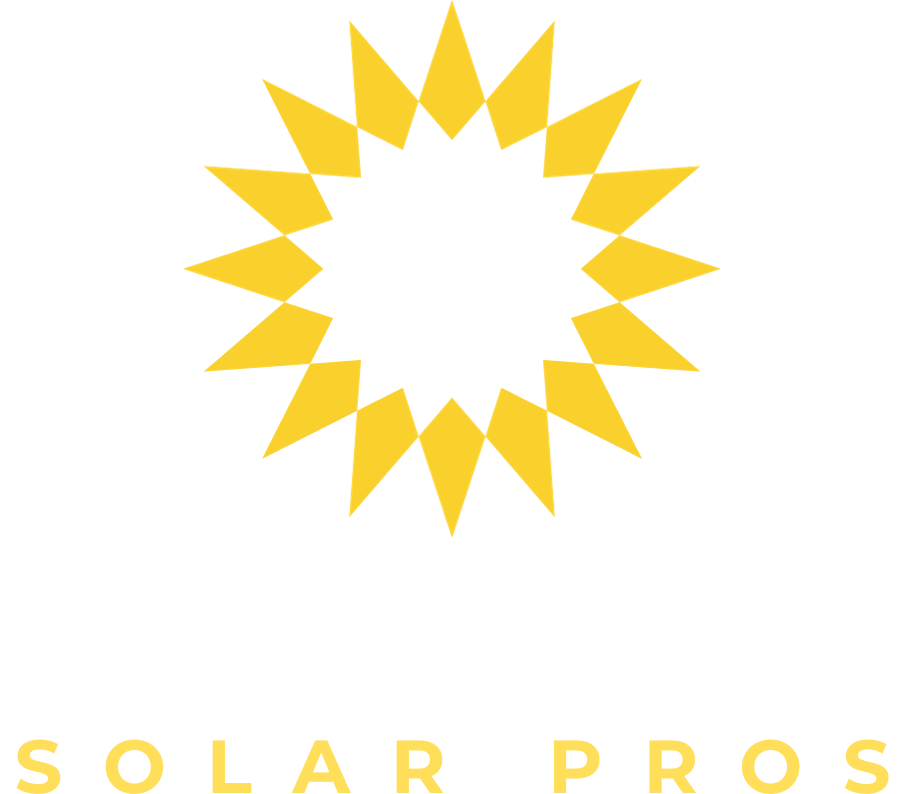DADE CITY SOLAR PROS BLOG
Welcome to our blog about all things solar energy.

Solar Energy for Homes: A Practical Guide to Clean, Affordable Power
Have you ever experienced the frustration of being tethered to a power outlet, desperately trying to recharge your phone while on the go? It's like being a caged bird, longing for the freedom to soar. Well, what if we told you there was a way to break free from the shackles of electricity bills and fossil fuel dependency? Welcome to the world of solar energy for homes, where clean and affordable power is within reach. In this practical guide, we will uncover the secrets to harnessing the sun's energy, from understanding solar panels to maximizing efficiency. So, if you're ready to unlock the potential of solar power and take control of your energy future, join us on this enlightening journey.
Understanding Solar Panels
When it comes to solar energy, understanding solar panels is essential for homeowners. Solar panel technology is the foundation of harnessing the power of the sun to generate electricity. These panels are made up of photovoltaic cells that convert sunlight into usable electrical energy. The benefits of solar energy are numerous. Firstly, it is a clean and renewable source of power, which means it does not produce harmful emissions or contribute to climate change. By installing solar panels, homeowners can reduce their carbon footprint and help protect the environment. Secondly, solar energy can significantly reduce electricity bills. Once the initial investment in solar panels is made, homeowners can enjoy free electricity for years to come. Additionally, some regions offer incentives and tax credits for installing solar panels, making it a financially viable option. Lastly, solar panels require minimal maintenance and have a long lifespan. With proper care, they can last for 25 to 30 years. Understanding how solar panels work and the benefits they provide can empower homeowners to make informed decisions about incorporating solar energy into their homes.
Calculating Energy Needs
Understanding solar panels is crucial for homeowners who are interested in calculating their energy needs. To accurately determine the energy consumption of your home, you need to consider several factors. Start by gathering your utility bills from the past year and calculate the average monthly kilowatt-hour (kWh) usage. This will give you an idea of your energy consumption patterns throughout the year. Additionally, consider any future changes in your energy usage, such as purchasing new appliances or expanding your living space.
Once you have a clear understanding of your energy consumption, you can determine the appropriate size of solar panels for your home. Solar panel size is measured in kilowatts (kW), and it is directly related to the amount of energy your panels can generate. To calculate the size of your solar panel system, divide your average monthly kWh usage by the average number of peak sun hours in your area. This will give you an estimate of the kW capacity needed for your solar panel system.
Keep in mind that this is a simplified calculation and does not account for other factors like shading, panel efficiency, or battery storage. It is always recommended to consult with a professional solar installer to accurately determine the optimal size and configuration of your solar panel system. By understanding your energy consumption and determining the appropriate solar panel size, you can take a significant step towards harnessing clean and affordable power for your home.
Choosing the Right Solar System
To ensure optimal solar energy utilization, homeowners must carefully select the appropriate solar system for their specific needs. One of the key considerations when choosing a solar system is the size. Solar system size refers to the capacity of the system to generate electricity. It is important to assess your energy requirements and choose a solar system size that can meet those needs. If you consume a high amount of electricity, you will need a larger solar system to generate enough power. On the other hand, if your energy consumption is relatively low, a smaller solar system may be sufficient.
Another important aspect to consider when choosing a solar system is the financing options available. Solar energy systems can be a significant investment, but there are various financing options to help make it more affordable. Homeowners can explore options such as solar loans, leasing, or power purchase agreements (PPAs). Solar loans allow homeowners to finance the system upfront and pay it off over time. Leasing involves renting the solar system and paying a monthly fee, while PPAs allow homeowners to purchase the electricity generated by the system at a predetermined rate.
Installation and Maintenance Process
We will now delve into the process of installing and maintaining a solar energy system for your home. When it comes to installation costs, it is important to consider various factors. The size of the system, the complexity of the installation, and the type of equipment used can all affect the overall cost. It is recommended to obtain multiple quotes from reputable solar installers to ensure you are getting the best price.
Additionally, it is crucial to explore government incentives that may be available to you. Many governments offer financial incentives, such as tax credits or rebates, to encourage the adoption of solar energy. These incentives can help offset the initial installation costs and make solar energy more affordable for homeowners. Be sure to research the incentives specific to your area and take advantage of any available programs.
Once your solar energy system is installed, regular maintenance is necessary to ensure optimal performance. This includes cleaning the solar panels to remove dirt and debris, checking the connections for any loose wires, and monitoring the system's performance through the monitoring software provided by the installer. It is also recommended to have a professional inspection of the system every few years to identify any potential issues and ensure everything is functioning properly.
Maximizing Solar Energy Efficiency
After considering the installation and maintenance process, it is important to focus on maximizing the efficiency of your solar energy system. One way to achieve this is by utilizing solar energy storage solutions. These storage systems allow you to store excess energy generated during the day for use during the night or on cloudy days when solar production is lower. By integrating a storage solution into your solar energy system, you can further reduce your reliance on the grid and maximize the usage of clean, renewable energy.
Another way to enhance the efficiency of your solar energy system is by taking advantage of government incentives for solar power. Many governments offer financial incentives, such as tax credits or rebates, to encourage the adoption of solar energy. These incentives can significantly reduce the upfront cost of installing a solar system, making it more affordable for homeowners. Additionally, some governments may provide net metering programs, allowing you to sell excess energy back to the grid, further offsetting your electricity costs.
Conclusion
In conclusion, embracing solar energy for homes offers a practical solution towards achieving clean and affordable power. By understanding solar panels, calculating energy needs, choosing the right solar system, and following the installation and maintenance process, homeowners can maximize solar energy efficiency. With its numerous benefits, solar power is an excellent choice for those looking to reduce their carbon footprint and save on energy costs. Invest in solar energy today and make a positive impact on the environment while enjoying long-term savings.
Connect With Us
Locations We Serve:
© Copyright 2026 Dade City Solar Pros. All Rights Reserved.
Terms & Conditions | Privacy Policy

